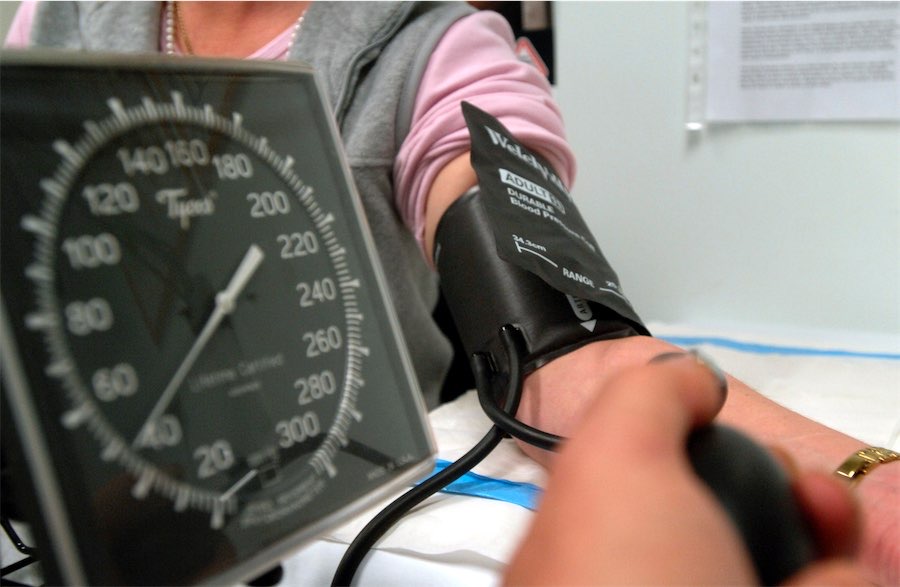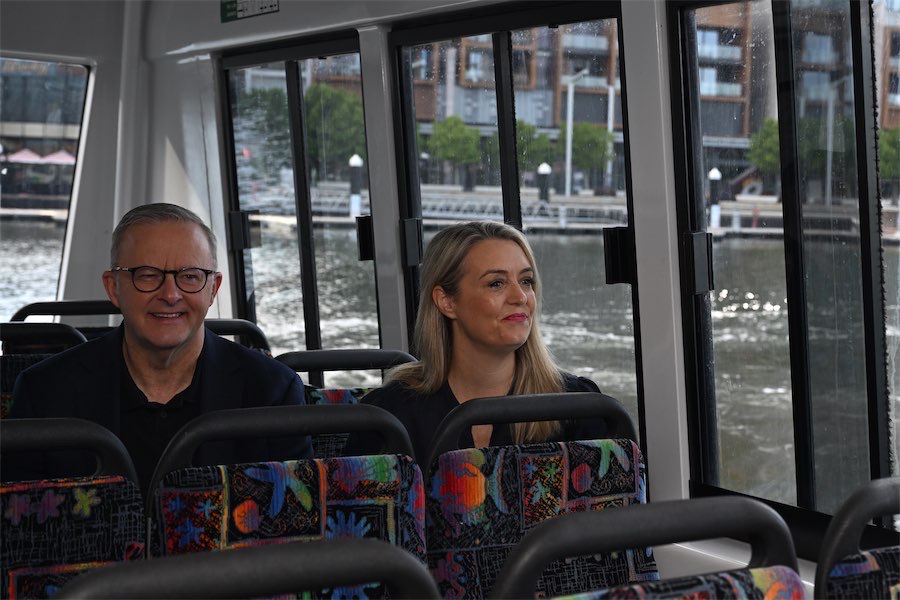
Doctors from three nations will have faster registrations in a bid to plug gaps in GP numbers. (Alan Porritt/AAP PHOTOS)
By Jacob Shteyman in Canberra
Overseas doctors will be able to treat Australian patients sooner as a shortage of general practitioners causes wait times to blow out.
Qualified medical specialists from Ireland, New Zealand and the UK will be fast-tracked into the workforce after the Australian Health Practitioner Regulation Agency (AHPRA) on Monday announced it would slash red tape delaying their registration.
Simon Spalding, a registered nurse and practice manager at Balnarring Medical Centre on the Mornington Peninsula, said it was a “wonderful move”.
After fruitless attempts to recruit local doctors, Mr Spalding started looking overseas and managed to find three “fantastic” GPs from the UK.
“There’s a shortage everywhere,” he told AAP.
“It overwhelms our current doctors trying to look after the patients that we’ve got.”
In a bid to address the shortage, accredited GPs from the three nations will from October 21 be eligible for specialist registration directly from the healthcare regulator, rather than having to be assessed individually by the specialist college.
Specialists in anaesthetics, psychiatry, and obstetrics and gynaecology will be added to the accepted list in December.
Mr Spalding said the existing process was time-consuming and expensive, with applicants required to undertake a two-year training process and spend upwards of $10,000 to receive their accreditation.
The expedited pathway would allow Australian patients to see well-credential international medical specialists sooner, removing unnecessary regulatory barriers while maintaining high standards, the regulator said.
Foreign doctors coming through the pathway will still face the same registration standards as other specialists, including English language, criminal history and recency of practice requirements, and be supervised for six months by an Australian-registered specialist.
“There are additional strict safety checks and balances in place to make sure new specialists coming to Australia on this pathway are safe to practise,” AHPRA said in a statement.
The regulator was tasked with speeding up the approvals process for foreign doctors after a review examining the growing pressures on the nation’s health system.
The report by retired senior public servant Robyn Kruk found all states and territories were suffering from health worker shortages, resulting in blow-outs in wait times and worsening healthcare outcomes.
Following the review, the government removed the need for overseas doctors to undergo in-person identity checks and cut red tape in the immigration process, resulting in a 25 per cent increase in registrations in the first six months of 2024.
AHPRA said the three international qualifications added to the list were proposed by the general practice peak body – the Royal Australian College of General Practitioners.
But the college, which would lose its role assessing the applicants under the proposal, called for the expedited pathway to be paused, raising doubts about the regulators’ readiness and suitability.
“We’ve been clear about the problems with this rushed approach, including significant risks to patient safety and quality of care,” RACGP president Nicole Higgins said.
“The blame for anything that goes wrong must be on the decision makers behind it.”
Dr Higgins said the college had already worked to simplify and speed up the approvals process.
“The RACGP engaged with AHPRA in an attempt to mitigate risks, and strongly opposes this approach.”
In his experience with English GPs, the quality of their medicine had been excellent, Mr Spalding said.
“I would have no more concern about UK GPs than I would an Australian GP,” he said.
“The training is very good there. The Medicare system is a bit different – the way billings are done and things like that – but the actual medicine is very similar.”
Who can be trusted?
In a world of spin and confusion, there’s never been a more important time to support independent journalism in Canberra.
If you trust our work online and want to enforce the power of independent voices, I invite you to make a small contribution.
Every dollar of support is invested back into our journalism to help keep citynews.com.au strong and free.
Thank you,
Ian Meikle, editor









Leave a Reply